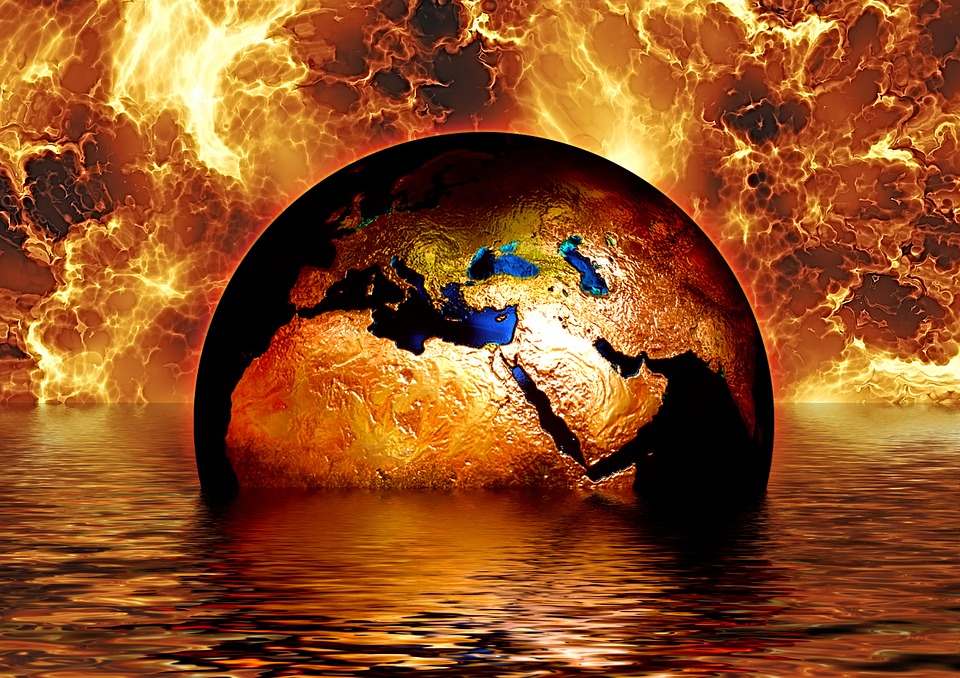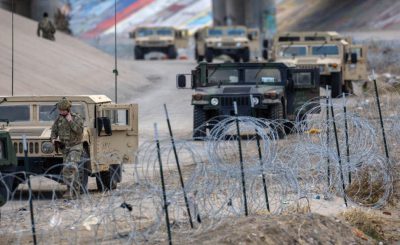By Leslie Santillan
Over the years we have seen an increase in temperatures, sea levels, and fires. People and animals are losing their homes and in some cases their lives. Climate change is a worldwide problem and the Earth is counting on us to make positive changes quickly because we are running out of time.
The Arctic is in danger. The Milne Ice Shelf was a 4,000- year-old ice shelf. Unfortunately, Canada’s last fully intact ice shelf marked its end in July 2020. Scientists have also concluded that the Greenland Ice Sheet may be in the condition where it can no longer be saved. According to The Guardian, “northern Siberia and the Canadian Arctic are warming three times faster than the rest of the world.†The animals and people that live in the Arctic are feeling the immediate effects of the ice melting. Some animals are left without a home and once their population decreases, it affects the balance in the food chain. Although we may think that a species becoming extinct does not affect us, but we are part of the food chain and any change in it affects us directly and indirectly.
Polar bears are just one of the many animals that the rapid climate change is influencing. According to the World Wide Fund for Nature, there is a “projected 30% decrease by 2050 in the polar bear population.†In addition to the ice melting, permafrost is thawing. The thawing permafrost is releasing carbon dioxide and methane, two greenhouse gases, that cause the Earth’s temperature to increase. Human activity, such as burning fossil fuel is just one of the many reasons the temperature is rising, and the effects are nothing but negative. Some greenhouse gases are created naturally. However, humans are exacerbating the current situation by creating manmade greenhouse gases which further causes the Earth’s atmosphere to trap more heat.

Miniscule changes in the Earth cause it to lose balance, and those changes have a significant impact on our world. The number of wildfires is quickly increasing, and its effects are catastrophic. In September of this year, National Geographic stated in their website that “more than five million acres have already burned this year- and much more are yet to come.†Accidental human-ignited fires are common, but the increase in temperature and change in seasonal rain patterns create an environment making it more susceptible for wildfires to occur.
According to Public Radio International, Chris Dickman, an ecologist at the University of Sydney estimated that “one billion animals have been injured or skilled in Australia’s bushfires.†Animals are greatly impacted by the fires and so are the people living nearby. A significant amount of people lost their life, property, and their lungs are negatively affected by the small soot particles. The Cameron Peak fire in Colorado recently made Colorado history by becoming the biggest wildfire. The fires that began early this month have caused thousands of people to evacuate. The houses some people spent years living in had to be left to be engulfed by the fires as they ran away to get to safety.
The lives of animals and people have changed. We have seen this change over the years, and we are seeing them today. Our climate is rapidly changing for the worse, but we can help if all seven billion of us make little changes in our lives. Some of the ways you can help is by using reusable bags, straws, water bottles. You can also rethink your method of transportation and unplug devices when they are not being used. Whichever way you chose to help, know that you are making a difference.







